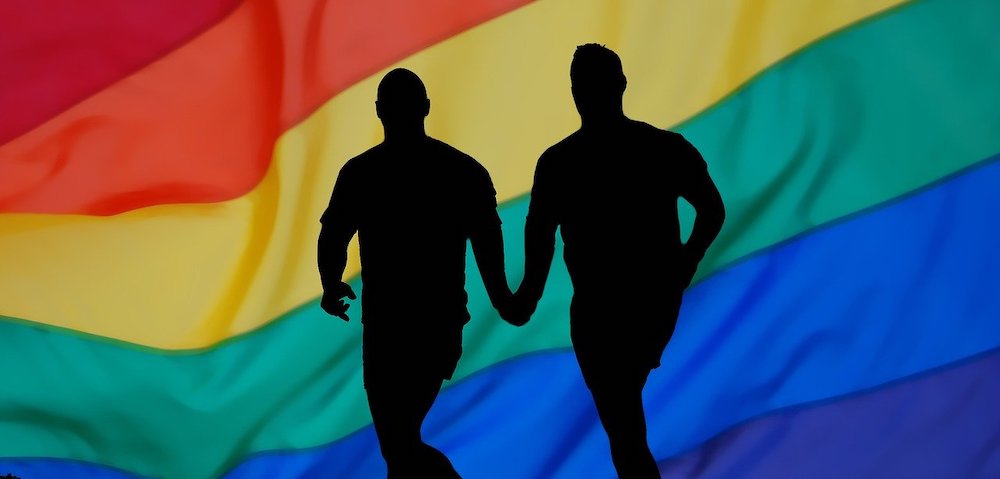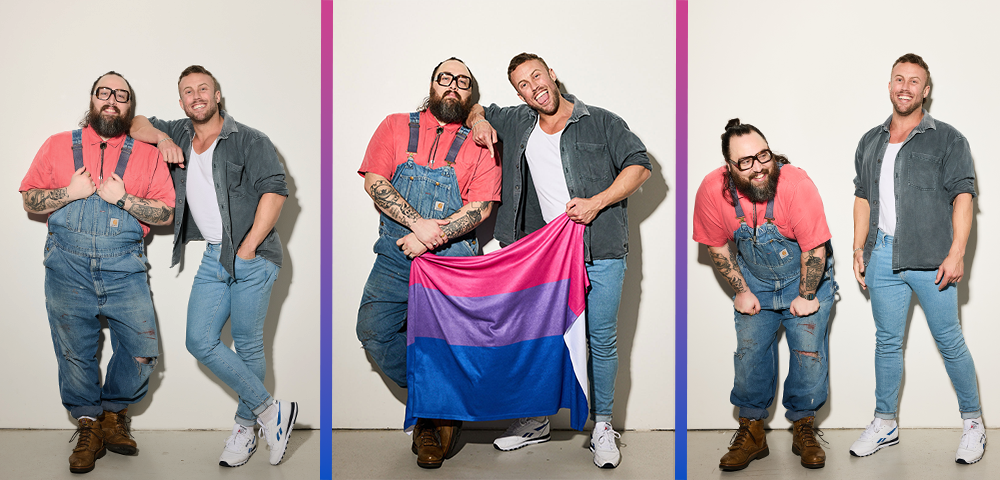
‘Stealthing’ is sexual assault, and we need to talk about it

‘Stealthing’ – that is, the act of surreptitiously removing a condom during sex without affirmative consent – is sexual assault.
It’s not an inconsequential fantasy someone decides to enact between the sheets on a whim, nor is it a harmless way for someone to increase their own erotic sensitivity and pleasure.
It’s certainly not a solitary decision made without regard for one’s sexual partner or their right to bodily autonomy.
And yet, almost one in five gay and bisexual men in Melbourne have experienced it.
When visiting sex-on-premises (SoP) venues, I grew accustomed to the sting felt by others when I rejected their offer to eschew condoms during sex.
It was a particular kind of sting, laced with entitlement, wounded pride, and aggression; much like an angry child on a 35-degree day, whose mother won’t buy him another ice-cream to replace the one he allowed to melt in his hands.
Some men would react respectfully to my insistence on using a condom, others would roll their eyes and curse before leaving our makeshift bedroom inside the venue.
On more than one occasion, they would try to proceed regardless, pushing behind me in the hopes that I’d either concede or assume they had grabbed some latex from the small plastic tub attached to the wall.
It was a form of sexual assault, and trying to do it covertly via stealthing didn’t negate this.
A recent study undertaken by researchers from Monash University explored the commonality of stealthing, after conducting a cross-sectional survey of both women and men who have sex with men (MSM) attending the Melbourne Sexual Health Centre.
More than 1,000 MSM completed the survey, which found that 19 per cent of them had experienced stealthing, and, as a result, were twice as likely to report having anxiety or depression.
While the majority of those who reported being stealthed considered it sexual assault, they were still three times less likely to consider it as such compared to those who had never experienced it.
So what contributes to a culture that tells men (queer or otherwise) that it’s permissible to remove a form of protection against HIV or STIs during sex without consent?
Certain types of pornography that posit sex-by-force as a desirable fantasy, for one.
In a society saturated in rape culture, porn narratives that involve mock rape, coercion, or deception give men further licence to indulge in the ‘fantasy’ of non-consensual sex.
Amateur videos of gay and bisexual men stealthing their sexual partners abound on the internet, and for every sex-positive porn film that highlights fun, consensual sex (poorly acted or not) there seems to be three more that involve a character getting duped.
Role play and fantasy are completely healthy among consensual adults, but when porn effectively champions rape it can lead to damaging consequences for its consumers.
Porn really needs to do better as an important tool to educate viewers on the importance of consent, rather than giving credence to rape as a valid fantasy (give me storylines involving a pizza delivery guy that looks like Drake or a casual beachside threesome at a beat among friends any day).
Toxic masculinity also informs the prevalence of stealthing, and until we rectify the ways men are pressured to use aggression and dominance to convey their feelings, this aggression and dominance will continue to be at risk of manifesting in their sexual lives.
I’ve lost count of the number of times a stranger grew physically or verbally abusive because I wasn’t agreeable to their sexual demands. In one instance, a muscled, hairy 20-something attempted to forcefully drag me into a room with him despite my clear protests.
Sex education has made great strides in schools, with many curricula introducing a focus on ‘respectful relationships’, but there is still a long way to go. Particularly for queer men, who often aren’t taught about sexual dynamics within same-sex or gender relationships.
Men need to be taught from a young age that in any sexual encounter consent is vital, consent is ongoing, and that a lack of affirmative consent is their cue to bounce.
No-one has ownership over another’s body, and consent and communication need to be held up as critical in any discourse around sex, queer or otherwise.
Until that happens, stealthing and sexual assault will remain an issue in need of tackling.
If you or someone close to you needs someone to speak to, you can contact one of these services:
- Switchboard on 1800 184 527 or via webchat at qlife.org.au
- Lifeline on 13 11 14 or via lifeline.org.au










i wasn’t in the mood one day and my boyfriend at the time held me down and forced himself on me and didn’t stop until he was finished. i remember being in tears during and afterward, we hadn’t used condoms for a while coz we both knew our status, but for him to do it anyway without my consent and no passion, just coz he was horny and then try to convince me i wanted it. he was a very selfish lover and at times was very abusive towards me, i’m scarred mentally and physically and find it hard to connect with people, especially if i like them coz i end up pushing them away even when all i want to do is love them. Thankfully he is no longer in my life until he tried cyber stalking me the other day. its bringing back alot of memories i wish i could forget. I feel like i’m broken, in more ways than one and more often than not i feel like i have nothing left to offer other than my love. To have that reciprocated just once in my life is something i have always craved and fear i will never receive :/
Yet 119 years later, abortion in NSW is still a criminal offence – go figure.
It’s rape.
It’s rape when a man does it to a woman.
It’s rape when a man does it to another man.
It is the most twisted manifestation of toxic masculinity, and credit to you for calling it out on that exact point.